On the morning of February 13, discussing in groups the draft Law on Government Organization and the Law on Local Government Organization, Minister of Home Affairs Pham Thi Thanh Tra emphasized many breakthrough contents of these two bills.
Literally "running and queuing at the same time"
According to Minister Pham Thi Thanh Tra, the drafting of these two bills took place in a particularly urgent context, associated with the requirement to arrange and streamline the organizational apparatus.
“The time to draft the law is only 2 months, literally "running and queuing at the same time", but it must ensure consistency and consistency with the current legal system. Not only do these two bills have political and legal significance, they are also historical," the Minister of Home Affairs emphasized.
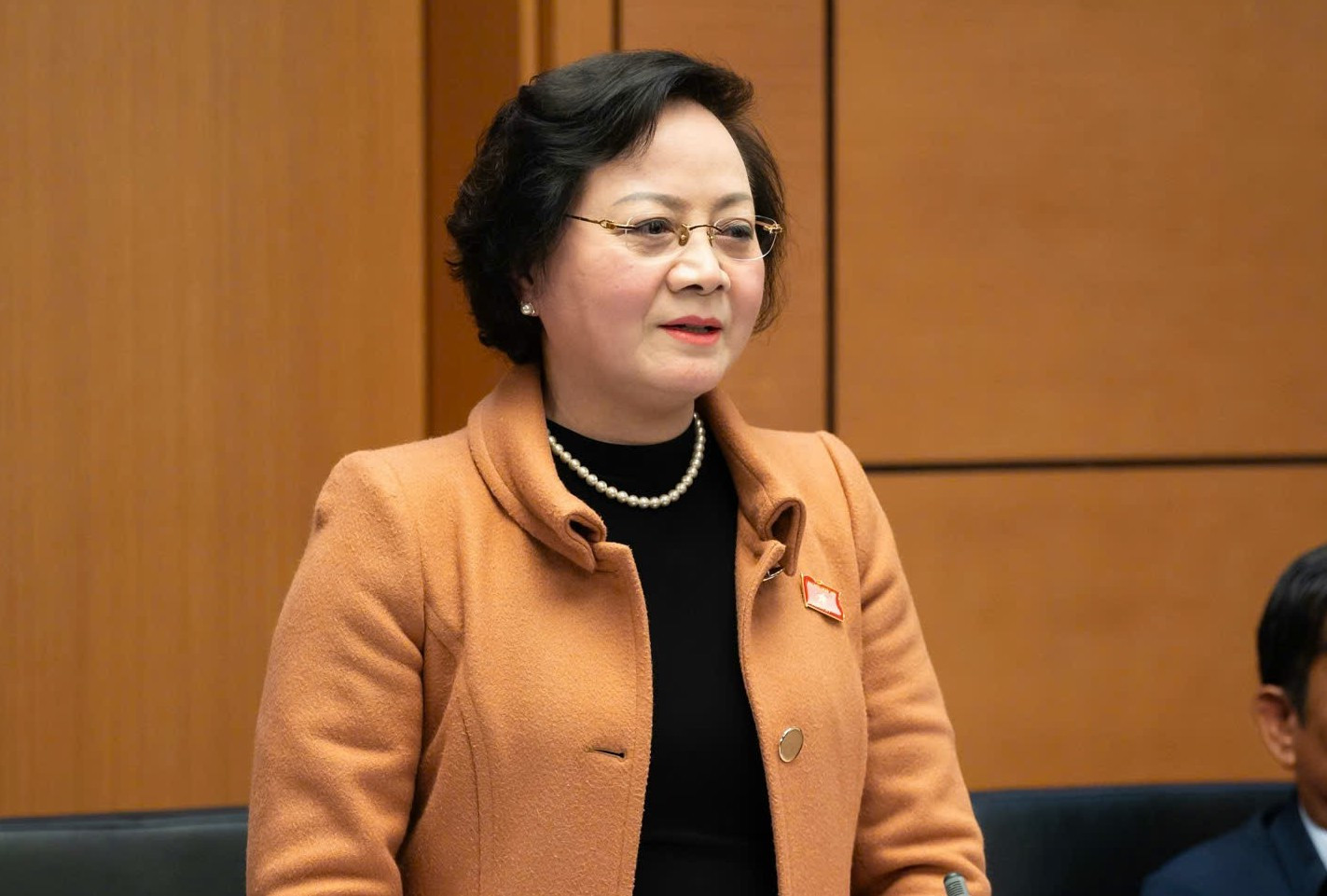
Minister of Home Affairs Pham Thi Thanh Tra. Photo: Pham Thang
Therefore, the question is how to design these two laws to meet the requirements, create a proactive and flexible mechanism, and improve the quality of administrative operations from the central to local levels.
According to Ms. Tra, one of the notable new points is the way of thinking about building these two laws according to general and basic principles, which is completely different from before.
In the spirit of the direction of the Politburo, the General Secretary, and the Chairman of the National Assembly, the law only stipulates core principles of long-term stability instead of going into detailed regulations, thereby ensuring the stability, value, and sustainable vitality of the draft law, ensuring the practical operation of the state administration.
The Minister of Home Affairs also said that these two bills are considered "original laws", laying the foundation for the design of future specialized laws. If they are not designed according to this principle, the legal system will be broken, causing conflicts between the original law and specialized laws.
Ms. Tra cited that many countries have implemented this method, such as the Law on the State Council of China (20 articles), the Cabinet Law of Japan (23 articles) or the Law of the Republic of Finland (28 articles).
An important content expressed in the two bills is the clear division of authority between the Government and local authorities. The Government's role as the highest administrative body, exercising executive power, is clearly defined.
The Bill also clarifies the relationship between the Government and legislative and judicial bodies.
In addition, the authority of the Prime Minister, Ministers, heads of ministerial-level agencies, and Chairmen of People's Committees is also clearly stated in these two laws. "Clearly defining responsibilities is to avoid pushing the matter to the Government," said Ms. Tra.
The core is decentralization, delegation, authorization.
Minister Pham Thi Thanh Tra pointed out that the core issues of the two bills are decentralization, delegation, and authorization. In which, decentralization is stipulated in the law, ensuring the highest legality; decentralization is stipulated in sub-law legal documents, flexible in operation; authorization is stipulated through administrative documents, helping to quickly handle practical issues.
Based on this principle, ministers and heads of ministerial-level agencies develop legal documents to ensure consistency throughout the entire state administrative system.
“In the past time, we have been working day and night, through Tet, to focus on building laws, including clarifying decentralization and delegation, because this is a very new content in the Law on Government Organization,” Ms. Tra shared.
In particular, the two bills are designed throughout according to the motto stated by General Secretary To Lam: "Locals decide, localities do, localities take responsibility". This is an important legal basis to solve all current problems of specialized laws.
The Minister of Home Affairs also raised a prominent issue in current state management, which is the overlap in authority regulations.
Through review, there are 177 laws regulating the authority of ministers and heads of ministerial-level agencies; 152 laws regulating the authority of the Prime Minister; 141 laws regulating the authority of People's Committees and People's Councils; and 92 laws regulating the authority of all three levels of local government.
"With such a complex legal system, without strong reforms, it will be difficult to effectively decentralize, delegate, and authorize," said Ms. Tra.
Ms. Tra once again emphasized that the very new point in the thinking of law-making in Vietnam is legislative delegation. This is unprecedented.
"The government is authorized to issue decrees and documents to solve practical problems, otherwise it would be very difficult," said Ms. Tra, adding that this was a very wise decision.
According to the Minister of Home Affairs, after the two laws are passed, within two years, other laws must be amended to ensure consistency. Currently, the Government has completed important decrees related to these two bills and will be issued immediately after the laws are passed by the National Assembly, to guide the implementation and operation of the new apparatus immediately, leaving no legal gaps.
Vietnamnet.vn








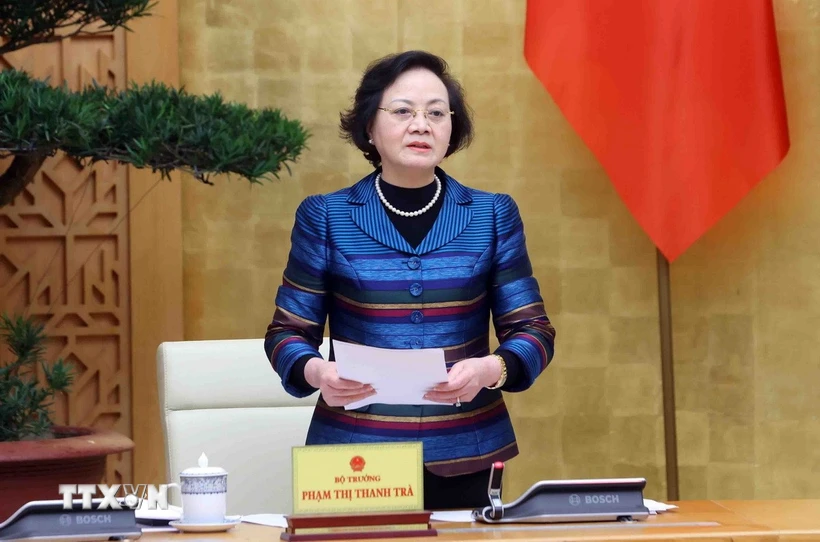

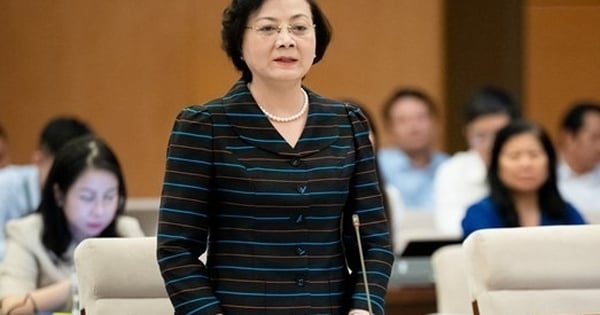

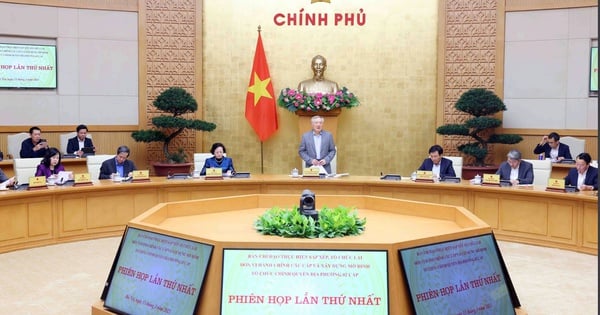


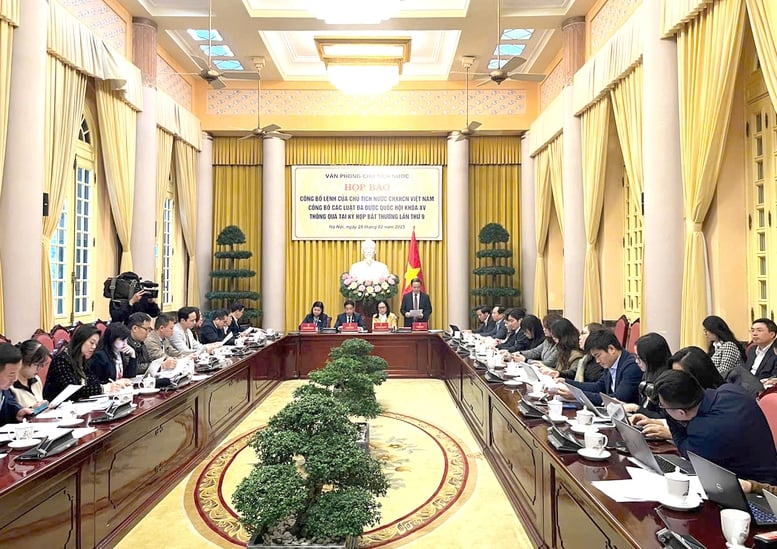

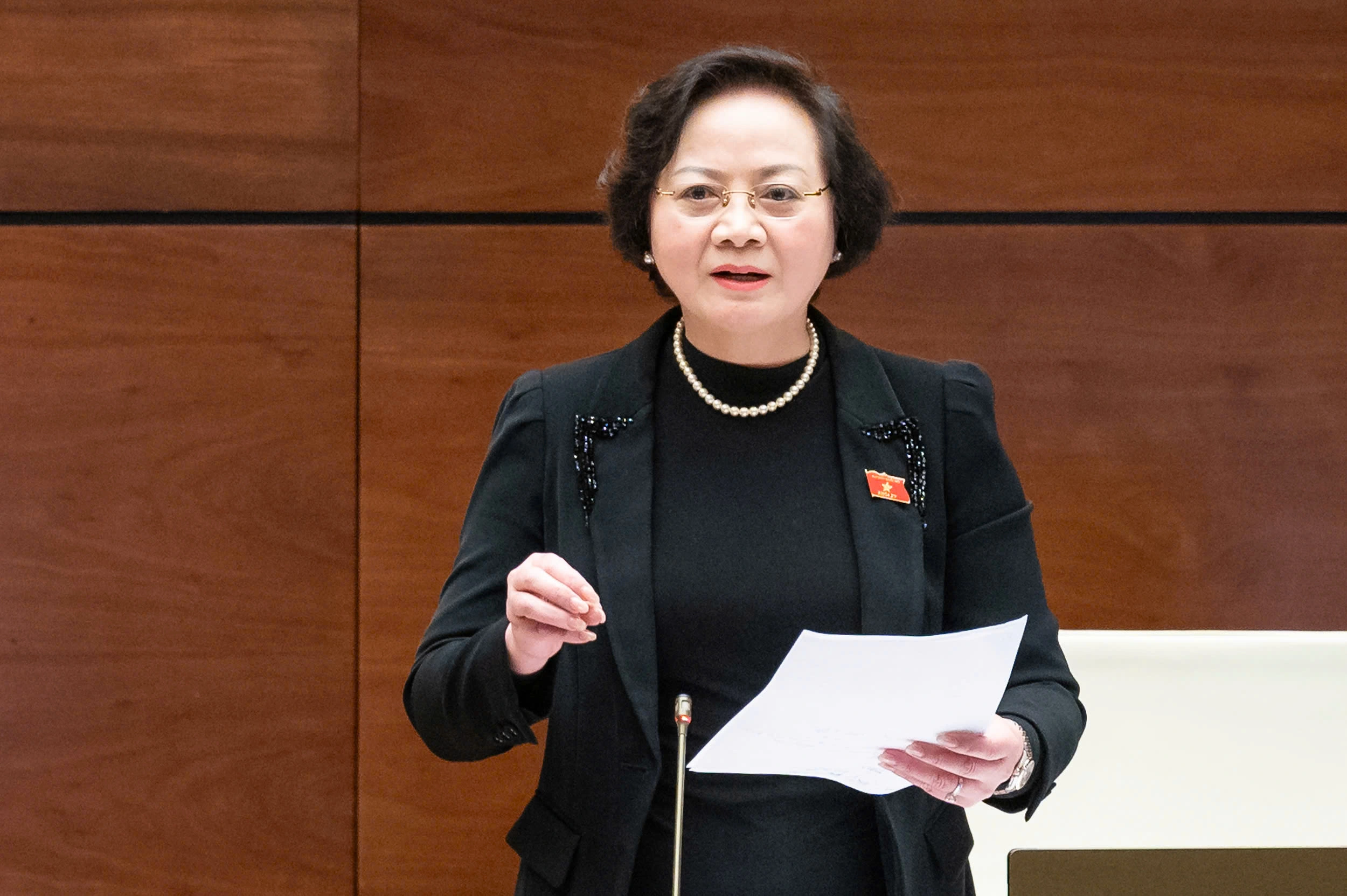


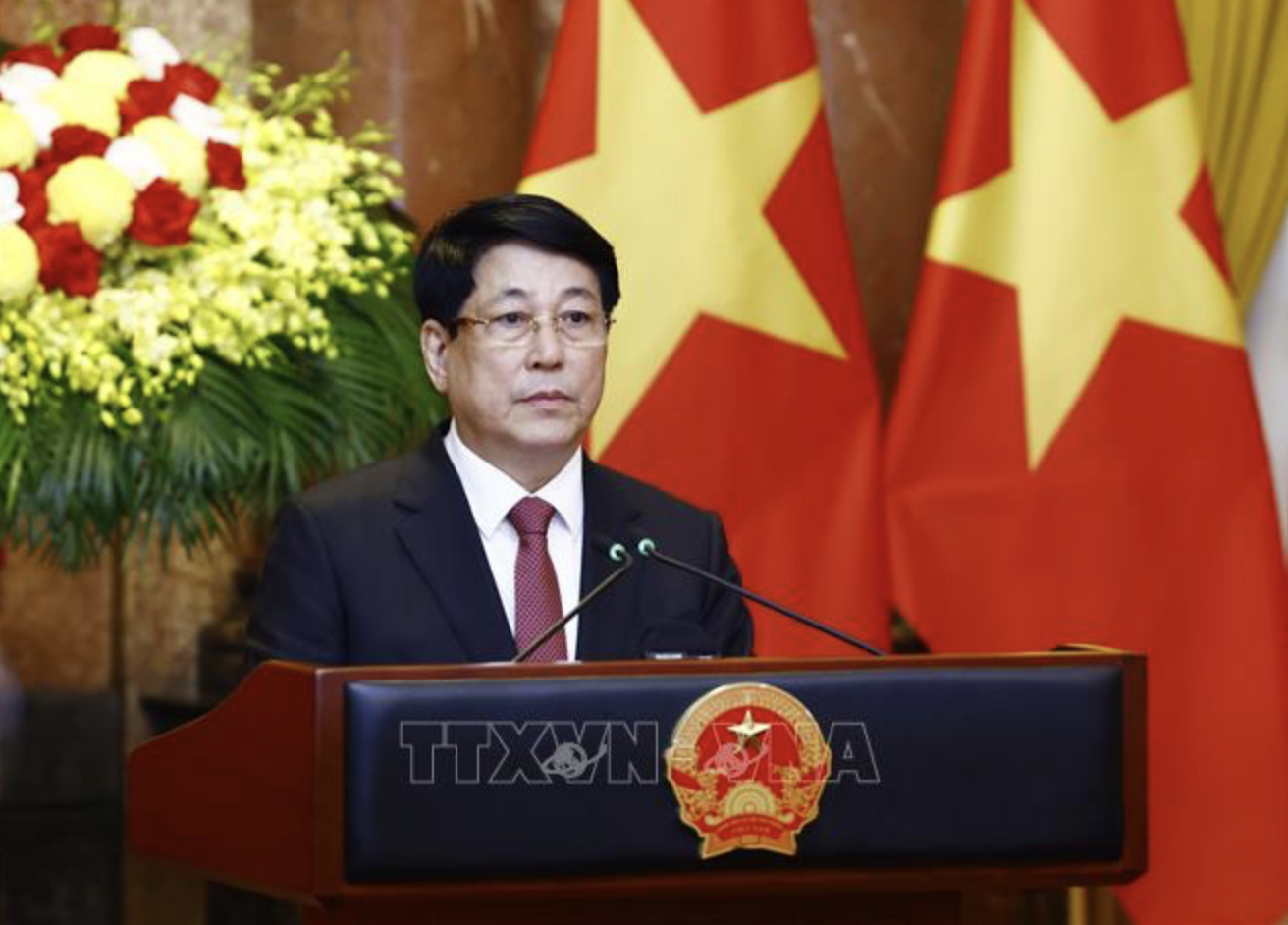
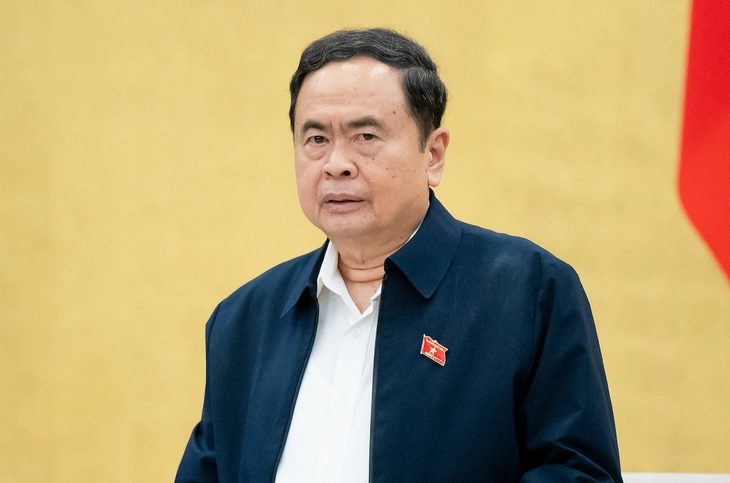

















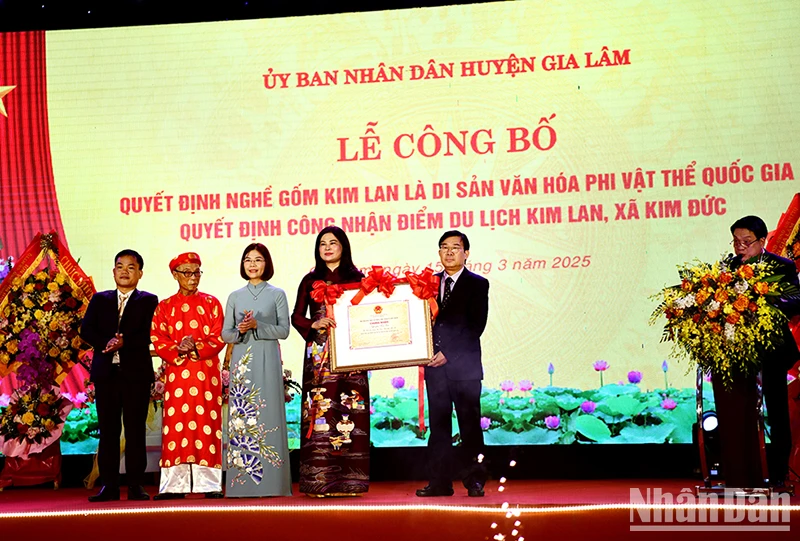




















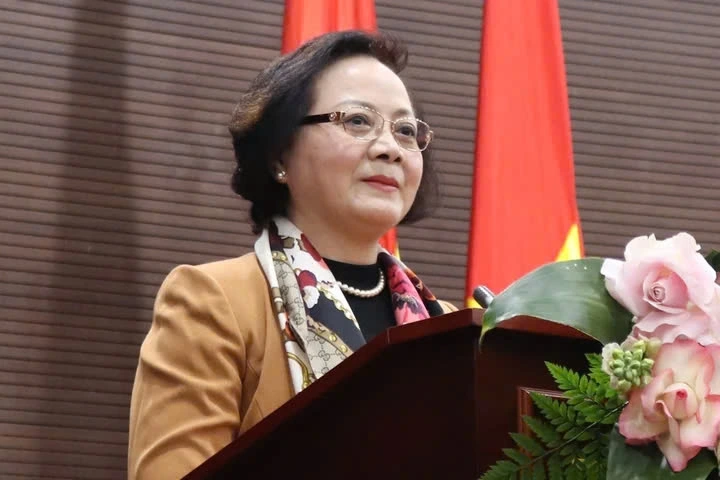




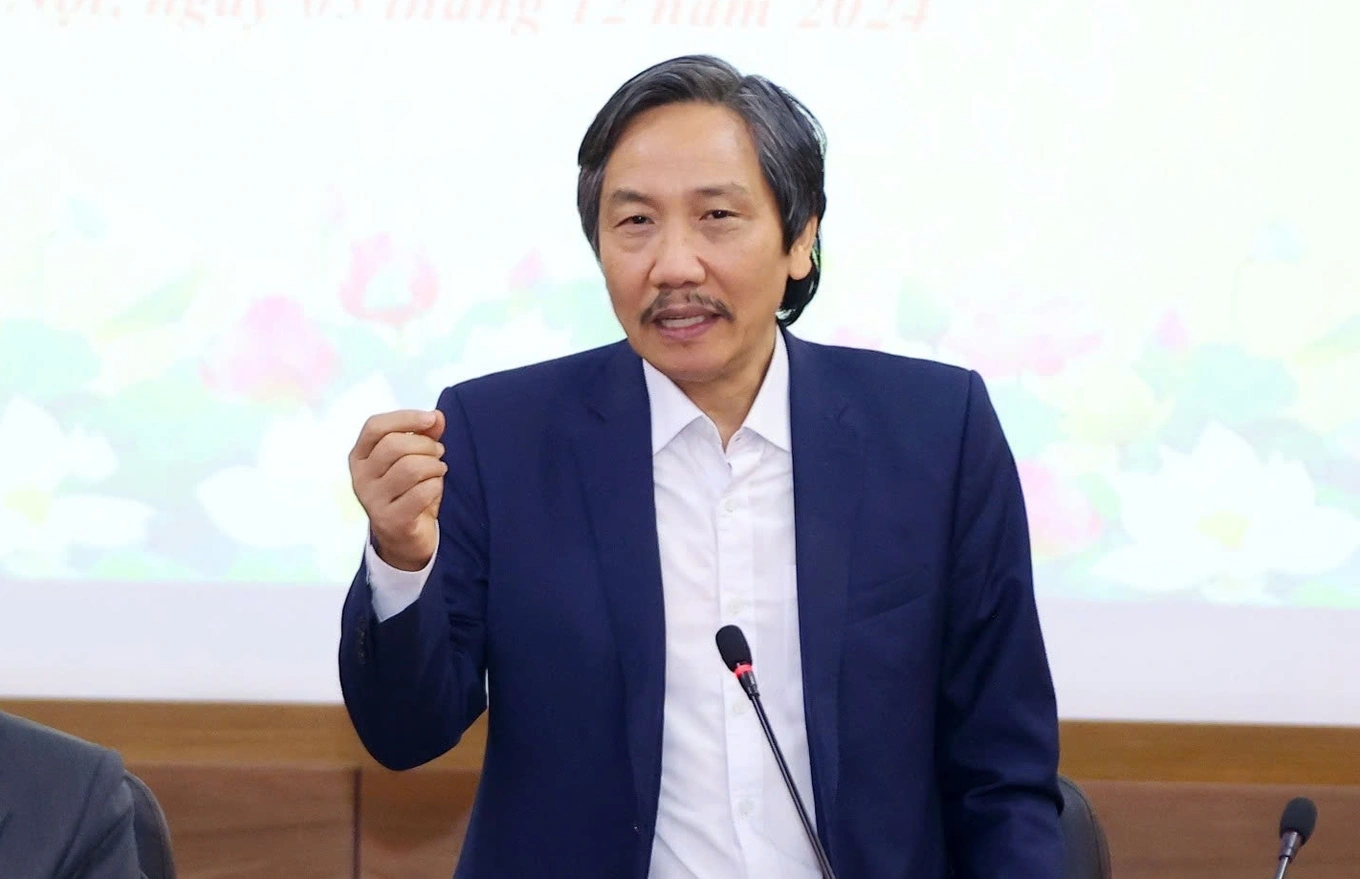











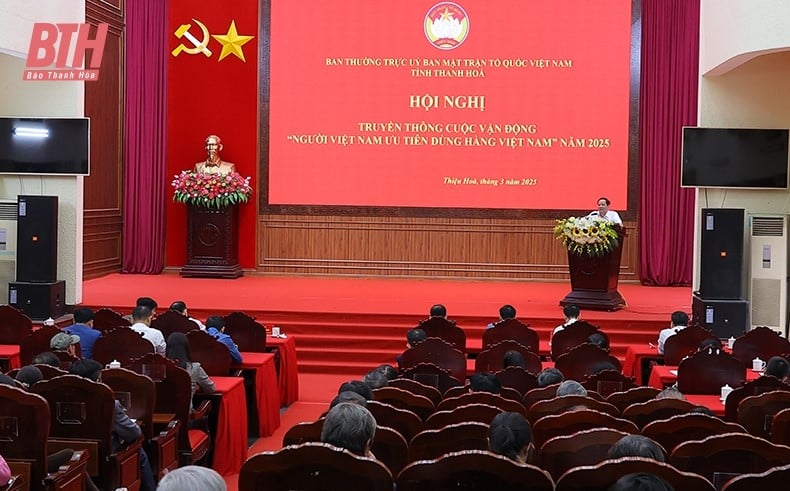





Comment (0)